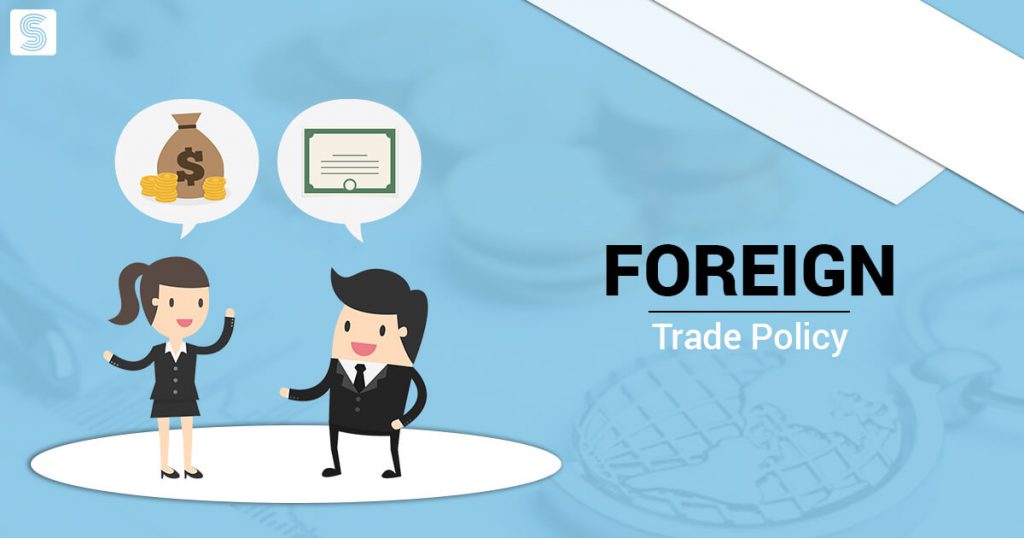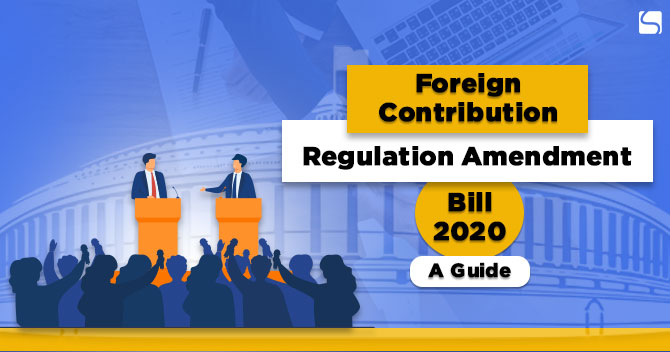Legal Framework of Foreign Trade Policy

Savvy Midha | Updated: Nov 30, 2019 | Category: Foreign Trade
FTP stands for Foreign Trade Policy. The Central government of India makes foreign trade policy for a tenure of 5 years, which consists of various ways of increasing the standing of India in the international market. The current Legal Framework of Foreign Trade Policy incorporates the provisions relating to import-export of goods and services. It came into effect from the date of notification, i.e., 1st April 2015 and is valid till 31st March 2020. All import-export transactions that take place in the span of these 5 years shall be following the provisions of FTP 2015-2020.
Central Government has notified Foreign Trade Policy 2015-2020 under the power conferred upon it through Foreign Trade (Development & Regulation) Act 1992 to make India a major player in global trade. Central Government as per the power conferred upon it reserves the right to make any amendment to any policy of FTP from time to time and the policy supports both sectors of trade, i.e., manufacturing and service.
The domestic Indian economy, since the past few decades, has gradually grown and accelerated through capital flows and tremendous trade taking place on a large scale globally along with the Indian economy has seen enormous growth in its per capita income during the same period. We have discussed in detail the highlights of Foreign Trade Policy henceforth.
Table of Contents
Salient Features of Foreign Trade Policy
Characteristics of FTP can be summed as follows:
- The government prioritized the enhancement of Trade Development by reducing the overall cost and time required for making transactions that will increase the competitiveness amongst exporters in Indian Market.
- FTP has smoothened the process for applying under various schemes for export promotion such as Merchandise Exports from India Scheme and service exports from India Scheme by allowing the upload of digitally signed documents through CA/CS/CWA
- Online redressal mechanisms will enable the users to register the complaint and receive the status through an online monitoring system that is available on the official website of DGFT [1] .
- 24*7 custom clearances for specified imports have been initiated for certain imports made through specified seaports across India.
- Consignments traded for exports are restricted or delayed by any state or central government.
Incorporation of New Provisions in Foreign Trade Policy
Following new provisions has been inserted in FTP for management of import-export of goods and services in India:
- Importer-Exporter Code: IEC Code is allotted by DGFT which is an alpha-numeric code that reflects the PAN of an entity. With the implementation of GST, usage of PAN is mandated to assign IEC.
- Necessary Documents: Certain documents have been mandated for both import and export. Mandatory documents for exports will be Bill of Lading, Shipping Bill and Packing and for import, it is Packing List, Bill of Entry and Bill of Lading.
- Self-Certification: A new scheme has been introduced called the Approved Exporter Scheme for the sake of self-certification of Certificate of Origin related to manufactured goods that originate from India.
- Defining Actual Users: There is an amendment in the definition of actual users to include a new clause to add an address for an establishment where the person uses the goods.
- Quality Complaints & Trade Disputes: New provisions of quality complaint and trade dispute have been inserted in FTP is a redressal mechanism responsible for resolving the conflicts between importer & exporter on trade. A committee has been set up consisting of members from Export Promotion Council to deal with disputes and solving the same at the earliest. All kinds of complaints, including quality and other related matters, will be taken cared for by such a committee who is also responsible for investigating and enquiring about all kinds of complaints.
Promotional Scheme under FTP
Following schemes have been initiated as a promotional scheme under Export from India Scheme in Foreign Trade Policy:
- Merchandise Export from India Scheme: Traders who have made plenty of contributions to the foreign trade by performing excellently in international trade are eligible to hold the status under this scheme. The state is dependent upon export performance, which is calculated based on FOB value.
- Duty Exemption Scheme: FTP enables the exporters to import certain goods necessary for the production of goods to be exported. Privileges under the scheme as follows:
- Duty-Free Import Authorization: Importers are allowed to import duty-free consignments and allows exemption in the payment of Basic Custom Duties.
- Advance Authorization: Based on Standards Input Output Norms duty-free import of goods for producing export goods will also be duty-free, however minimum value addition shall be of 15%.
- EPCG Scheme: Import of Capital Goods necessary in the stages of pre-production, production or post-production of goods meant for export purposes gets exempted from Custom Duty. However, vide notification dated 13th October 2017 Capital Goods imported to produce goods that have to be exported are fully exempted from Integrated Tax and Compensation Cess.
Major Changes in FTP 2015-2020
Following are the major changes or amendments inserted in Foreign Trade Policies:
- Notified dated 30th June 2017, no exemption will be provided from the payment of IGST and compensation cess in case the imports are made under Advance Authorization Scheme.
- However, the notification dated 13th October 2017 allows certain imports made under Advance Authorization Scheme to avail IGST, and Compensation Cess provided such import is made by fulfilling the pre-import condition.
- Eligible exporters can apply for advance authorization under Self-Ratification Scheme. In such a case, there will be no Adhoc norms for export products.
- Imports are exempted now from Transition product-specific safeguard duty under advance authorization scheme
- Duty-free import authorization will be getting an exemption in payment of custom duty provided value addition of at least 20% has been achieved.
Conclusion
Also, Read:Incorporation of New Provision in the Foreign Trade Policy 2015-2020














